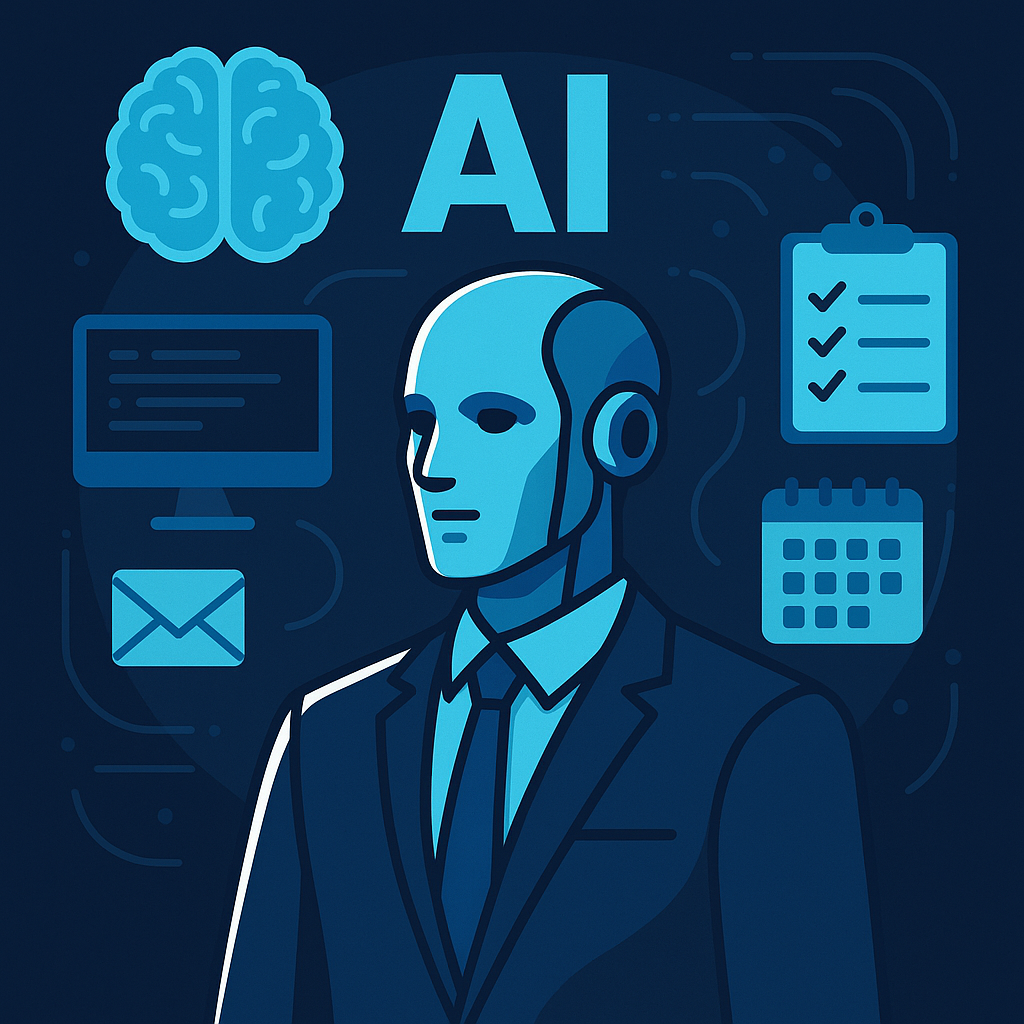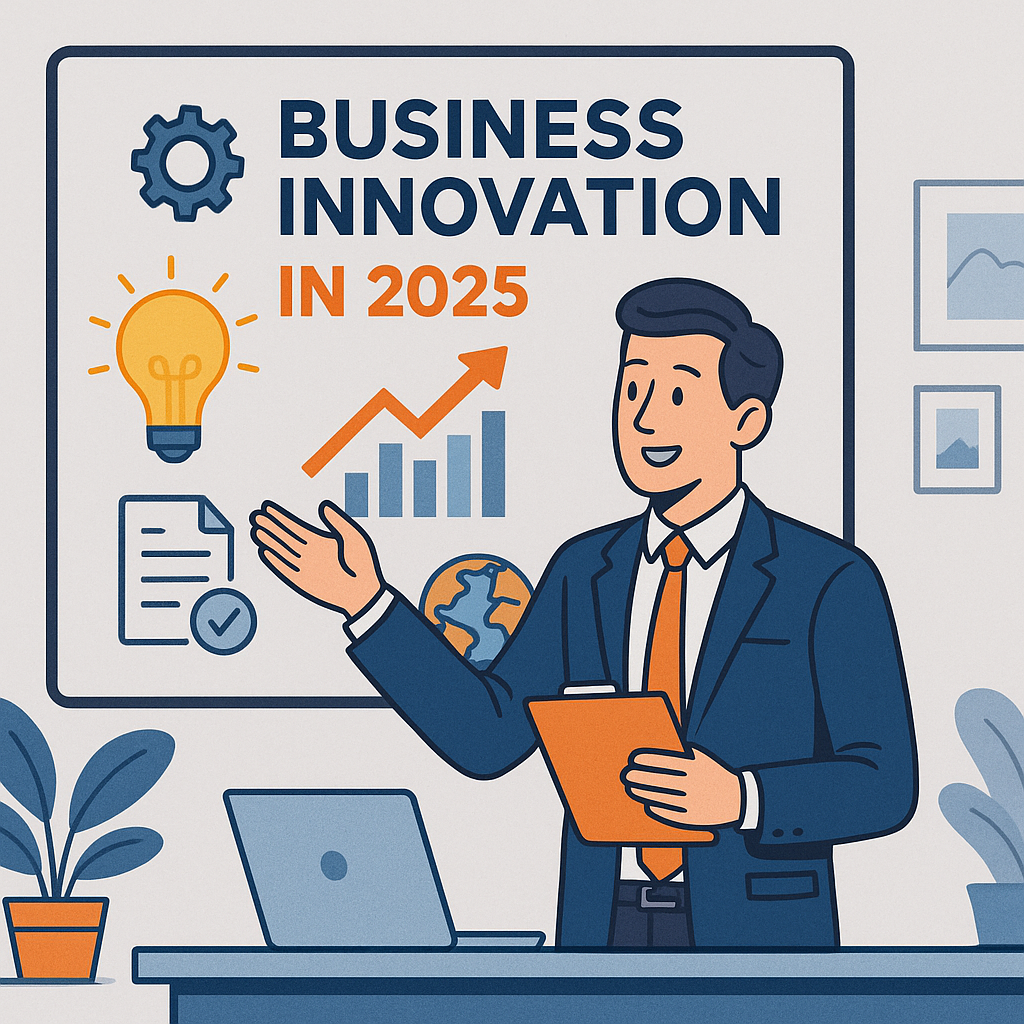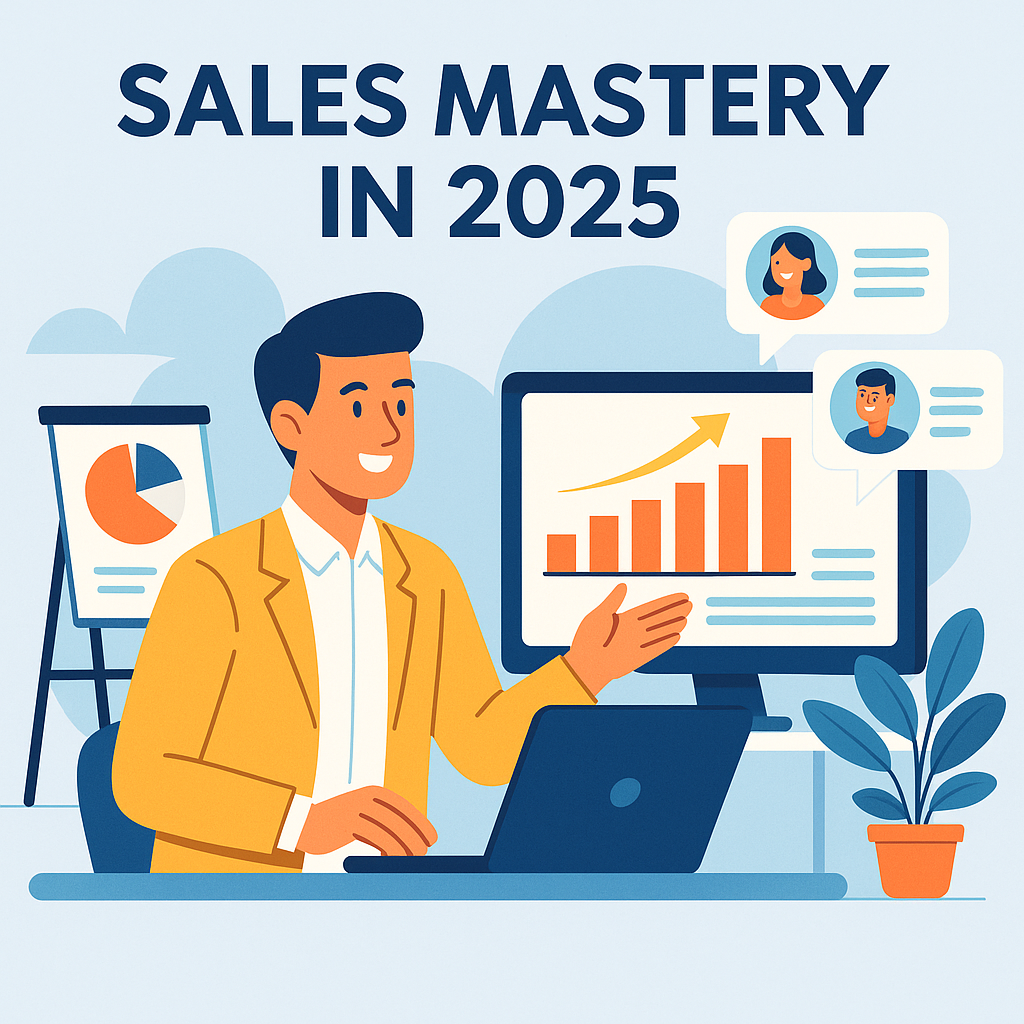AI Agents: The Future of Autonomous Digital Workforce in 2025
Artificial Intelligence is no longer just a tool—it’s becoming a collaborator. As we step deeper into 2025, the rise of AI agents is one of the most exciting and game-changing trends in the tech space. But what exactly are AI agents, and why are they causing such a buzz in both tech circles and business strategy meetings?
Let’s explore the world of AI agents, their real-world applications, and how they’re shaping the future of work.
What Are AI Agents?
AI agents are autonomous systems that can perform tasks independently, learn from interactions, and even make decisions based on context. Unlike traditional bots or scripted automation, AI agents operate more like digital coworkers—capable of reasoning, adapting, and executing multi-step goals with minimal human input.
Think of them as highly specialized AI employees that can:
Answer complex customer queries
Analyze and summarize vast data sets
Schedule meetings or coordinate projects
Manage cloud infrastructure or automate cybersecurity protocols
All without needing constant supervision.
Why AI Agents Are Trending in 2025
Explosion in Multi-Agent Collaboration:
Tools like AutoGPT, BabyAGI, and OpenAI’s GPT-powered agents are enabling networks of AI agents to collaborate on complex tasks—like software development, business strategy, or even research paper writing.Mainstream Business Integration:
Companies are integrating AI agents across operations, from marketing automation and CRM support to legal review and financial forecasting.No-Code/Low-Code Accessibility:
Thanks to user-friendly platforms, businesses don’t need a full data science team to deploy AI agents. A few clicks, some prompts—and voilà—you’ve got a working digital assistant.Personalized Workflows at Scale:
AI agents are now being trained on company-specific data, creating custom AI workers for everything from HR to product development.
How AI Agents Are Changing the Workplace
Customer Support: AI agents can handle Tier 1 and Tier 2 customer queries 24/7, providing quick and accurate solutions while escalating only the most complex cases to human agents.
Project Management: Agents like GPT-integrated task managers can assign tasks, monitor deadlines, and even communicate progress across teams.
Sales & Marketing: AI agents can draft sales emails, qualify leads, and analyze campaign data—all while learning from real-time results.
DevOps & IT: From running server maintenance to testing code snippets, AI agents are making tech teams more efficient.
Ethics, Risks & Human Oversight
While AI agents promise convenience, they also raise ethical questions:
How do we ensure data privacy when agents interact with sensitive information?
Who is accountable when an AI agent makes a mistake?
How do we balance automation with human jobs?
Experts agree that transparent governance, ethical training datasets, and clear accountability frameworks are key to scaling AI agents responsibly.
Preparing for an AI-Agent-Powered Future
To stay ahead, companies and professionals should:
Upskill in prompt engineering, AI ethics, and automation workflows
Integrate AI into everyday tools like Slack, Trello, or Notion
Start small, scale fast—pilot one agent, then expand
Whether you’re a solo entrepreneur or a global enterprise, adopting AI agents in 2025 could be the smartest move you make this decade.
Final Thoughts
The rise of AI agents isn’t just another tech phase—it’s a seismic shift in how work gets done. They’re not here to replace us; they’re here to empower us, offload the repetitive stuff, and let us focus on creativity, strategy, and innovation.
Want to stay ahead of the AI curve?
Check out our latest AI Tools & Trends course on SkillWarp and become an AI-savvy pro today.




